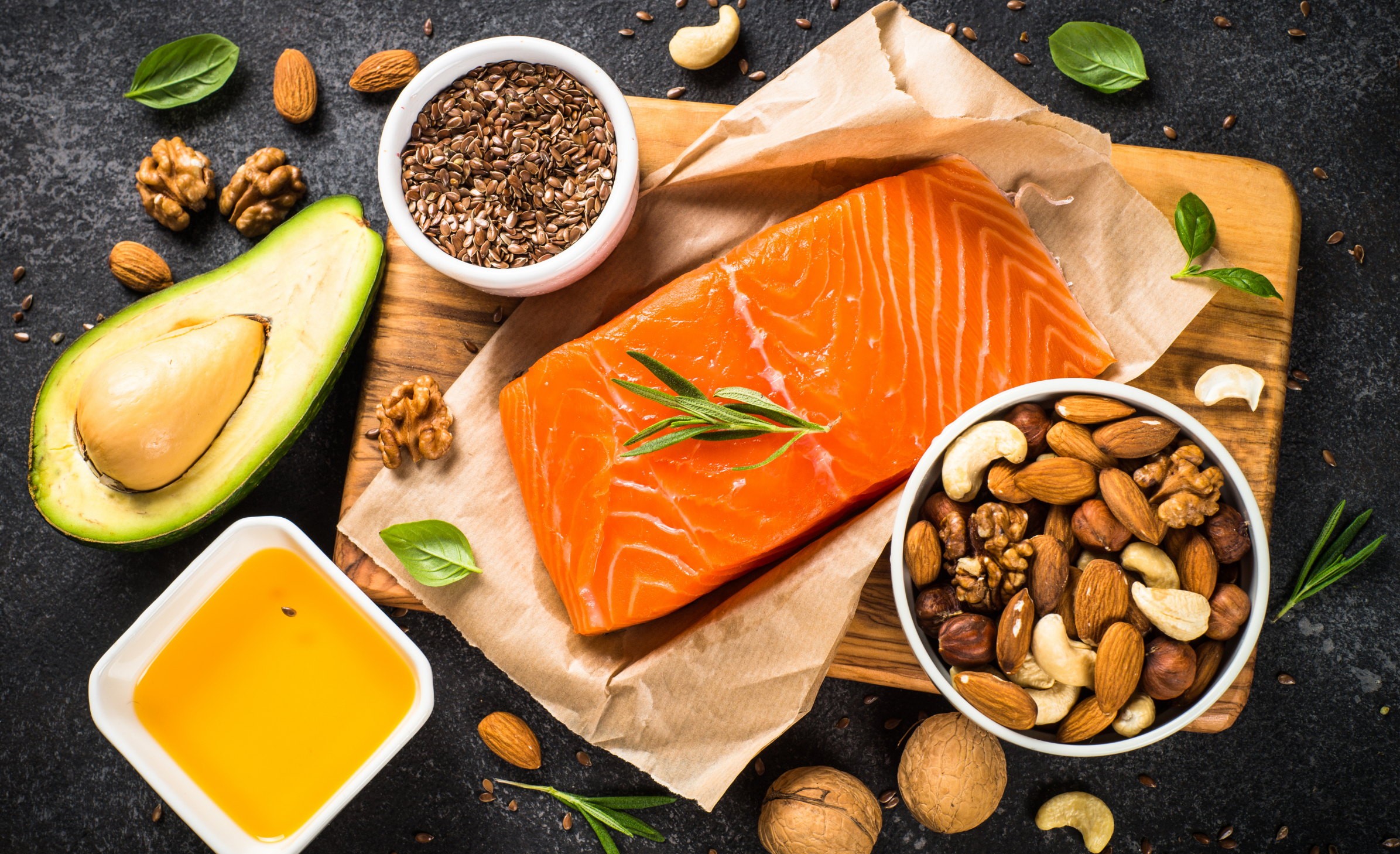Back To Basic Foods
Healthy Fats: Yes, You Can Eat Fat Again
For years, “fat” was unfairly labeled as the dietary villain, and I was right there with the other health professionals, touting the evils of dietary fat in general. But the truth is, not all fats are created equal—and many are essential for optimal health. Healthy fats support brain function, hormone balance, nutrient absorption, and even help keep you feeling satisfied after meals. In my own personal journey of getting back to basic, whole food, I have reinstated buttter and coconut oil. Just remember that you can also have too much of a good thing and butter is meant as an occasional enhancement.
Why You Need Healthy Fats
Energy Source: Fats are the body’s most concentrated form of energy.
Nutrient Absorption: Vitamins A, D, E, and K are fat-soluble, meaning your body can only absorb them in the presence of fat.
Brain & Hormone Health: Your brain is about 60% fat, and healthy fats support cognitive function and hormone production.
Satiety & Blood Sugar Control: Including fat in meals slows digestion, stabilizing blood sugar and curbing cravings.
Types of Healthy Fats
1. Monounsaturated Fats
These are heart-healthy fats that can help reduce “bad” LDL cholesterol while increasing “good” HDL cholesterol.
Sources:
Olive oil
Avocados
Nuts (almonds, cashews, hazelnuts)
Seeds
Tip: Drizzle olive oil over roasted veggies or salads instead of using heavy dressings. Add one brazil nut and 1-2 walnuts to your morning supplement routine, this has been a cornerstone of the morning coffee routine in our house. The first cup of morning coffee is served with our “nut pills”.
The main health benefits of Brazil nuts:
Rich in the mineral selenium., but you only need 1-2 per day because you can get selenium toxicity with over consumption.
Source of mono-unsaturated fat
Good for the brain
May support healthy cholesterol levels
Good for thyroid health
Strong anti-inflammatory properties
The main health benefits of walnuts:
Cognitive function support
Blood sugar control
Heart health protective by lowering bad (LDL) cholesterol and increasing good (HDL) cholesterol
Gut health improvement
Energy boosting throughout the morning
Bone health support
2. Polyunsaturated Fats (Omega-3 & Omega-6)
Polyunsaturated fats are essential—your body can’t make them on its own.
Omega-3 fats are especially important for reducing inflammation and supporting brain and heart health.
Omega-6 fats are also necessary, but balance is key. Too much omega-6 (common in processed foods) can promote inflammation. The ratio of the american diet is skewed to a higher percentage of omega 6 fats because our diet is very processed. Eating a minimally processed and whole food focused diet will naturally align your diet to a more desirable ratio.
Omega-3 Sources:
Fatty fish (salmon, sardines, trout)
Chia seeds
Flaxseeds
Walnuts
Omega-6 Sources:
Sunflower oil
Safflower oil
Soybean oil
Tip: Aim to increase omega-3 intake and minimize highly processed seed oils to keep a healthy ratio. You do NOT need to try to get more of the omega 6’s into your rotation because we naturally consume enough through processed food and eating out.
3. Natural Saturated Fats
While once demonized, moderate amounts of saturated fats from quality sources can be part of a balanced diet.
Sources:
Coconut oil
Grass-fed butter or ghee
Full-fat dairy (from pasture-raised animals)
Unprocessed meats
Tip: Choose minimally processed forms and use saturated fats for cooking at higher temperatures, as they’re more stable than many oils.
Fats to Limit or Avoid
Not all fats are beneficial. Trans fats and highly processed oils increase inflammation and raise the risk of chronic disease.
Hydrogenated or partially hydrogenated oils
Deep-fried fast foods
Cheap vegetable/seed oils heated to high temps
Check labels carefully—trans fats can hide in baked goods, margarine, and processed snacks.
Simple Ways to Add Healthy Fats Daily
Add a tablespoon of chia or flaxseed to smoothies or yogurt.
Top oatmeal with walnuts or almond butter.
Cook with avocado oil or ghee instead of margarine.
Eat salmon once or twice per week.
Enjoy half an avocado with eggs or toast.
The Bottom Line
Healthy fats are not the enemy—they’re a vital part of a balanced, nutrient-dense diet. Focus on whole, minimally processed sources and strike a good balance between different types. When combined with plenty of fruits, vegetables, and lean proteins, healthy fats can help keep you energized, satisfied, and thriving.

